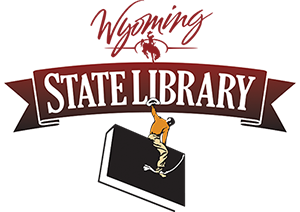 From the American Library Association
From the American Library Association
The American Library Association’s Office for Intellectual Freedom (OIF) is seeking information on censorship challenges that occured between January 1 to December 31, 2017. Librarians are encouraged to complete this brief online reporting form by January 31, 2018.
All online reports are compiled into the office’s database, which has tracked censorship incidents since 1990. The reports alert OIF if a librarian or educator is in need of assistance. The data gathered from the reports is also used to draw attention to the harms of censorship; it’s calculated into the annual list of the Top Ten Challenged Books, as well as infographics, and committee reports.
OIF estimates that 82-97% of challenges remain unreported. This is an obstacle the office is determined to tackle, says OIF Assistant Director Kristin Pekoll, who provides follow-up support to educators during challenge crises.
“Reporting censorship not only allows the office to provide better support for educators,” said Pekoll, “it also ignites worldwide conversations on the benefits of equitable access.”
A “challenge” is a direct request to a library, school or university to remove or restrict material or services due to content or appropriateness. OIF tracks challenges to materials (books, movies, magazines), databases, displays, filtering, meeting rooms, programs and author visits.
Anyone can report censorship incidents; reporters do not have to be ALA members or even librarians. The reporter can mark the challenge confidential or public, since some educators fear losing their jobs or facing repercussions for publicizing challenges. Whether marked confidential or public, OIF will not reveal who contacts the office without the individual’s permission. Learn more about the difference between confidential and public reports in “Why Should You Report Censorship? OIF Answers a Few Questions.”
